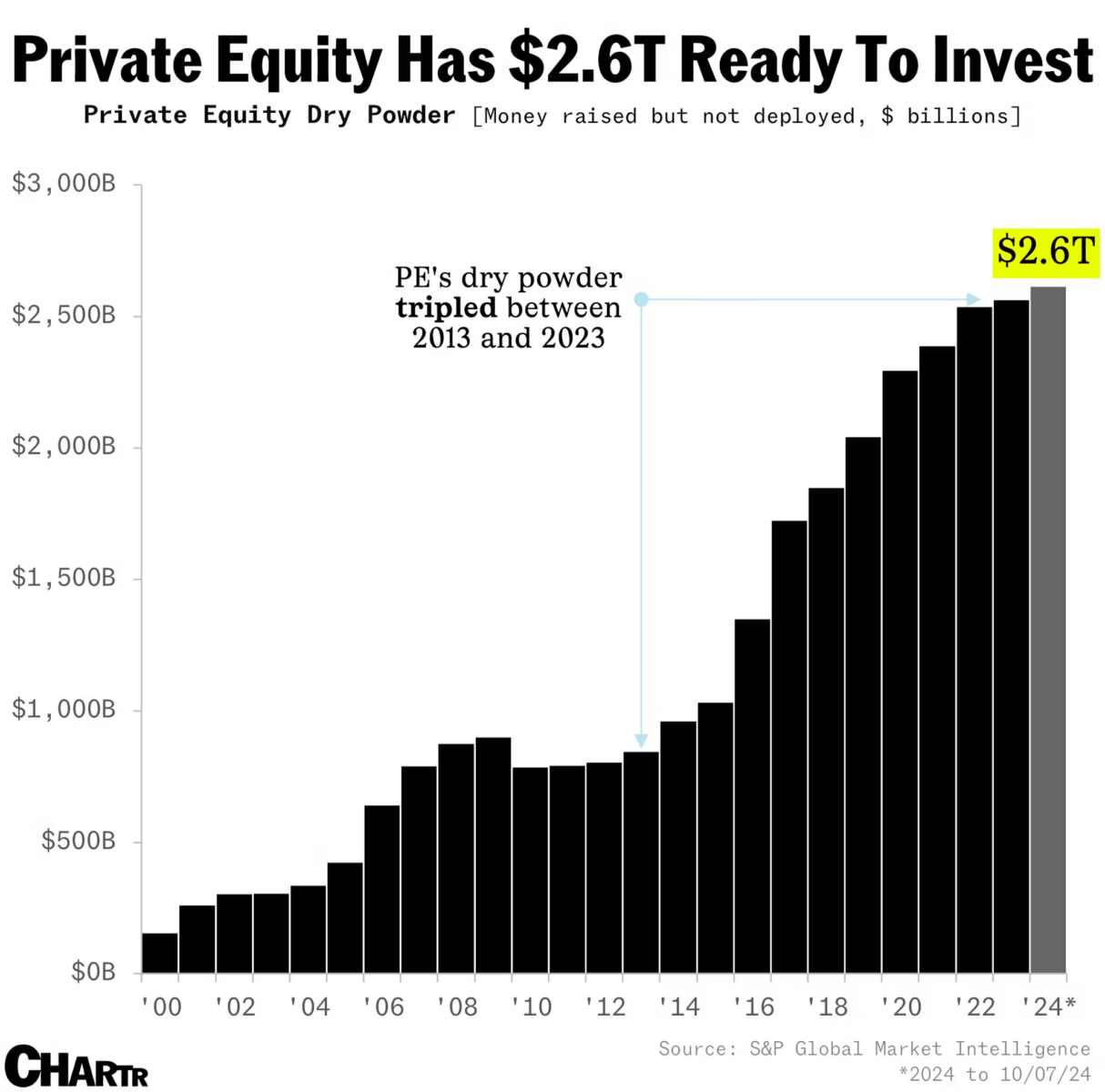The weekend is here! Pour yourself a mug of coffee, grab a seat outside, and get ready for our longer-form weekend reads:
• How To Make Millions As a Professional Whistleblower: A little-known provision in US law permits anyone to blow the whistle on financial fraud — and potentially take home a percentage of the funds collected. One undercover sleuth has made a wild career out of it. (GQ)
• Why Aging Comes in Dramatic Waves in Our 40s and 60s: A new study suggests that waves of aging-related changes occur at two distinct points in our life. (Scientific American) see also Our Bigger Brains Came With a Downside: Faster Aging: A study comparing chimpanzee and human brains suggests that the regions that grew the most during human evolution are the most susceptible to aging. (New York Times)
• Sam Bankman-Fried, a personal verdict: A few thoughts on how Americans thought about the crypto trial of the century. (Huh, Michael Lewis turned out to be right aout FTX) (Washington Post)
• Songs of Experience; Liz Ann Sonders: Reminiscences of a Strategist: It’s been 38 years since I began my career on Wall Street and the lessons I learned along the way from some all-time investment greats always hold true. (Charles Schwab)
• Monetary Policy and the Mortgage Market: Mortgage markets are central to monetary policy transmission. We show that this is because monetary policy impacts the supply of mortgage credit by the two largest mortgage holders: banks and the Federal Reserve. The Fed’s supply of mortgage credit consists of buying or selling mortgage-backed securities (MBS) under its quantitative easing and tightening (QE and QT) programs. Banks’ supply of mortgage credit is driven by the deposits channel of monetary policy. Under the deposits channel, when the Fed lowers rates, banks receive large inflows of deposits.(Federal Reserve Bank of Kansas City)
• Strange and wondrous creatures: plankton and the origins of life on Earth: Without plankton, the modern ocean ecosystem – the very idea of the ocean as we understand it – would collapse. Earth would have no complex life of any kind. (The Guardian)
• How Our Longest Nerve Orchestrates the Mind-Body Connection: Like a highway system, the vagus nerve branches profusely from your brain through your organs to marshal bodily functions, including aspects of mind such as mood, pleasure and fear. (Quanta Magazine)
• How to Load a Dishwasher: You’ve had to get very acquainted with yours since March, haven’t you? (D-Mag)
• Official verdict: JWST’s early galaxies didn’t break cosmology: The “little red dots” were touted as being too massive, too early, for cosmology to explain. With new knowledge, everything adds up. (Big Think)
• Experiencing Car Week Through The Lens Of Rolex: Car Week, an annual event held in August, sees the automotive world descend upon the Carmel-Monterey area for a series of shows, events, unveilings, and more – all leading up to the Pebble Beach Concours d’Elegance. Rolex, the famed Swiss brand has been a long-time supporter of events, and over four days no small measure of amazing cars, along with an endless stream of timepiece spotting along the way. (Hodinkee)
Be sure to check out our Masters in Business this week with Heather Brilliant, CEO since 2019 of publicly traded Diamond Hill (DHIL). The firm manages $26B in client assets via a bottoms-up stock selection. Previously, she was CEO at First State Investments.
There are only so many billionaires to buy NFL teams

Source: Sherwood
Sign up for our reads-only mailing list here.
~~~
To learn how these reads are assembled each day, please see this.

